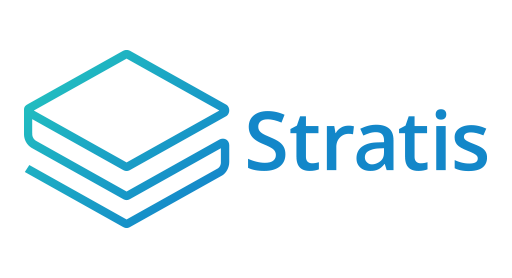Stratis Group Ltd, the enterprise-grade blockchain development platform has announced the launch of Cirrus Sidechain Masternodes and Stratis Smart Contracts in C#, making Stratis the world’s first blockchain to offer businesses and developers the ability to execute Smart Contracts on the Microsoft .NET core architecture.
The launch of the Cirrus Sidechain – a blockchain pegged to the Stratis mainchain – extends functionality for businesses operating on the Stratis platform. This includes the first Smart Contracts platform built entirely from the ground up in native C# on Microsoft’s .NET framework, the most popular enterprise programming language on the most widely-used enterprise framework.
Today’s full production release follows a successful two-week community testing phase during which Masternode Operators were able to familiarise themselves with operating a Sidechain Masternode and interacting with the Cirrus Sidechain.
With Stratis Smart Contracts in C#, businesses no longer need to create a completely new blockchain for every new decentralised application, but instead can develop a set of smart contacts in a programming language they understand and deploy them on one underlying general-purpose blockchain. This opens up a wide range of enterprise use cases, from tokens and lending platforms to provenance and self-sovereign identity solutions.
“At Stratis, we are committed to making it easy for businesses to adopt blockchain solutions for real-world use cases. Now, for the first time, enterprises and developers are able to build private blockchains and programme Smart Contracts in their familiar C# language”, said Chris Trew, Founder and CEO of Stratis. “We see this being of particular benefit to large enterprises, financial services companies as well as government organisations whose systems operate within Microsoft’s .NET framework as our solution is designed to minimise any incompatibility issues which may arise from blockchains and Smart Contracts being built in other computer languages”, he added.
C# is a general-purpose language estimated to be used by 6.7 million developers (SlashData, 2019). It was originally developed by Microsoft within .NET, its development platform for building apps for web, Windows, Windows Phone, Windows Server and Microsoft Azure. Stratis is a certified Microsoft partner and, since last year has been an accredited Microsoft Independent Software Vendor (ISV) listed on the Azure Marketplace, Microsoft’s online store providing applications and services to over 100 million active users.
The Cirrus Sidechain has been developed in order to prevent bloating of the main Stratis network and facilitate a high level of scalability. The Masternodes will operate on the Cirrus Sidechain using a Proof-of-Authority consensus algorithm, thereby enhancing security by adding accountability while also reducing the workload and energy consumption required for Masternodes to maintain the blockchain. In addition to the existing Stratis Core wallet, which has been updated to offer end-users the ability to perform cross-chain transfers, a new Cirrus Core wallet has been launched. This will be used by end-users to manage their sidechain tokens, interact with and deploy Smart Contracts, manage tokens via token issuance contracts and perform transfers back to the mainchain. There will be more than one million STRAT locked up in collateral by the participating Sidechain Masternodes, increasing the scarcity and bringing further value to the Stratis Token.
“Cirrus Sidechains will allow us to scale up the Stratis platform as we add functionality and deploy sidechains with use-case specific modifications, such as block time and block size. We are excited to welcome new developers and work alongside new businesses, and provide them with unprecedented access to develop blockchain solutions on an industry-leading platform”, said Gustav Stieger, Senior Developer at Stratis. “It will now be easier, cheaper and faster for developers to build DLT and Smart Contract functions bespoke to their business needs”, Gustav concluded.

